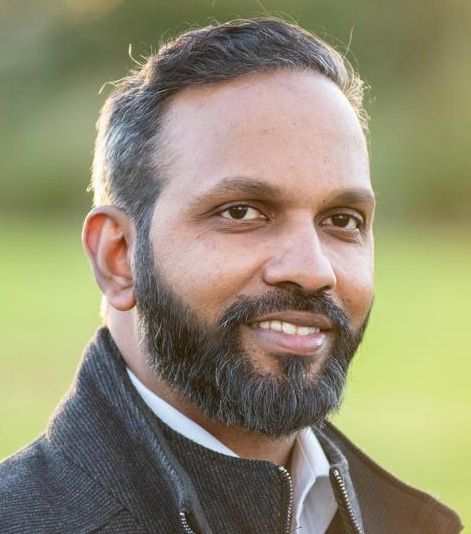Are you a member of a political party, political group, or community advocacy group? (eg; Labor, Liberal, Greens, Socialist, My Place, Angry Victorians, Better West, environment groups, etc)
Liberal Party
What is the most important issue facing your electorate?
The most important issue facing my electorate is the need for improved infrastructure to accommodate the growing population. This includes better road connections, public transport, and services that can address both current demands and future growth. Ensuring we build sustainable infrastructure that benefits all residents is my top priority.
Should/how can Council support local businesses?
Yes, council should actively support local businesses as they are the backbone of our community and local economy. Council can help by providing streamlined processes for permits and approvals, offering grants or subsidies for small businesses, and fostering a business-friendly environment through events and networking opportunities. By improving infrastructure and access to local amenities, councils can also make it easier for businesses to operate. Supporting local businesses will drive job creation, encourage economic growth, and contribute to a vibrant, thriving community.
Should/how can Council support local creatives and industries?
Yes, council should support local creatives and industries as they enrich our community’s cultural and economic fabric. This can be done by creating public spaces for art exhibitions, performances, and festivals, offering grants and funding opportunities, and collaborating with local creatives to promote their work. Council can also develop programs to connect local artists with businesses and encourage creative industries to thrive by fostering partnerships, hosting workshops, and providing mentorship. By investing in the arts, councils can promote cultural diversity, tourism, and a vibrant local identity.
Should/how can Council help alleviate the impact of climate extremes on local communities and ecosystems?
Yes, councils play a vital role in mitigating the impact of climate extremes on local communities and ecosystems. They can develop sustainable urban planning, enhance green spaces, and improve stormwater management to reduce flood risks. Implementing climate-resilient infrastructure and promoting renewable energy use are key strategies. Council can also offer community education programs on sustainability, support local environmental initiatives, and collaborate with residents and businesses to adopt eco-friendly practices. By preparing for and addressing climate extremes, councils can protect both the environment and the well-being of residents.
Should/how can Council help alleviate cost of living and homelessness?
Yes, councils can play an essential role in alleviating the cost of living and homelessness. They can advocate for affordable housing by facilitating partnerships with developers and the state government to increase social housing. Councils can also streamline planning processes to encourage affordable housing projects. Additionally, they can provide targeted support services, such as emergency housing, financial assistance, and job training programs for vulnerable groups. Collaborating with local charities and community organizations to offer services like food banks and utility relief programs can also ease the cost of living for residents.
What should Council stop spending money on?
Council should consider stopping or reducing spending on non-essential projects or programs that do not directly benefit the broader community or address critical issues like infrastructure, public services, and safety. This could include overly expensive marketing campaigns, redundant administrative costs, or projects that lack community support or have limited long-term value. Additionally, councils should evaluate the cost-effectiveness of travel expenses, consultancy fees, and events that do not provide significant returns or benefits for local residents. Focusing on core services and efficient spending will help ensure ratepayers’ money is used wisely.
Should the public be allowed to ask live, unscripted questions of councillors during council meetings?
Yes, allowing the public to ask live, unscripted questions during council meetings can foster transparency and accountability. It gives community members a direct platform to voice their concerns and engage with councillors in real-time, promoting an open dialogue. However, it’s important to maintain structure and decorum, ensuring that the process is respectful and efficient, possibly through time limits or guidelines to keep the discussions productive.
Can you please provide a short personal statement detailing what your priorities are if elected, and what your vision for your electorate looks like.
If elected, my top priorities will be improving infrastructure, supporting local businesses, and enhancing community services, particularly for early education and special needs. I will advocate for fair rates and ensure sustainable development that preserves green spaces while accommodating growth. My vision for the electorate is a vibrant, inclusive community where everyone has access to quality services, safe roads, and opportunities to thrive. I believe in transparent governance and will work hard to address the needs of residents while promoting a connected, prosperous future for all.



